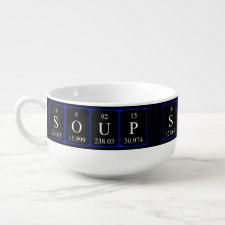
Authors: Chen LX, Xu SF, Li JH
Article Title: Recent advances in molecular imprinting technology: current status, challenges and highlighted applications.
Publication date: 2011
Journal: Chemical Society Reviews
Volume: 40
Issue: (5)
Page numbers: 2922-2942.
DOI: 10.1039/C0CS00084A
Alternative URL: https://www.researchgate.net/publication/50228411_Recent_advances_in_molecular_imprinting_technology_Current_status_challenges_and_highlighted_applications
Abstract: Molecular imprinting technology (MIT) concerns formation of selective sites in a polymer matrix with the memory of a template. Recently, molecularly imprinted polymers (MIPs) have aroused extensive attention and been widely applied in many fields, such as solid-phase extraction, chemical sensors and artificial antibodies owing to their desired selectivity, physical robustness, thermal stability, as well as low cost and easy preparation. With the rapid development of MIT as a research hotspot, it faces a number of challenges, involving biological macromolecule imprinting, heterogeneous binding sites, template leakage, incompatibility with aqueous media, low binding capacity and slow mass transfer, which restricts its applications in various aspects. This critical review briefly reviews the current status of MIT, particular emphasis on significant progresses of novel imprinting methods, some challenges and effective strategies for MIT, and highlighted applications of MIPs. Finally, some significant attempts in further developing MIT are also proposed (236 references)
Template and target information: Review - MIPs



Join the Society for Molecular Imprinting

New items RSS feed
Sign-up for e-mail updates:
Choose between receiving an occasional newsletter or more frequent e-mail alerts.
Click here to go to the sign-up page.
Is your name elemental or peptidic? Enter your name and find out by clicking either of the buttons below!
Other products you may like:
 MIPdatabase
MIPdatabase









